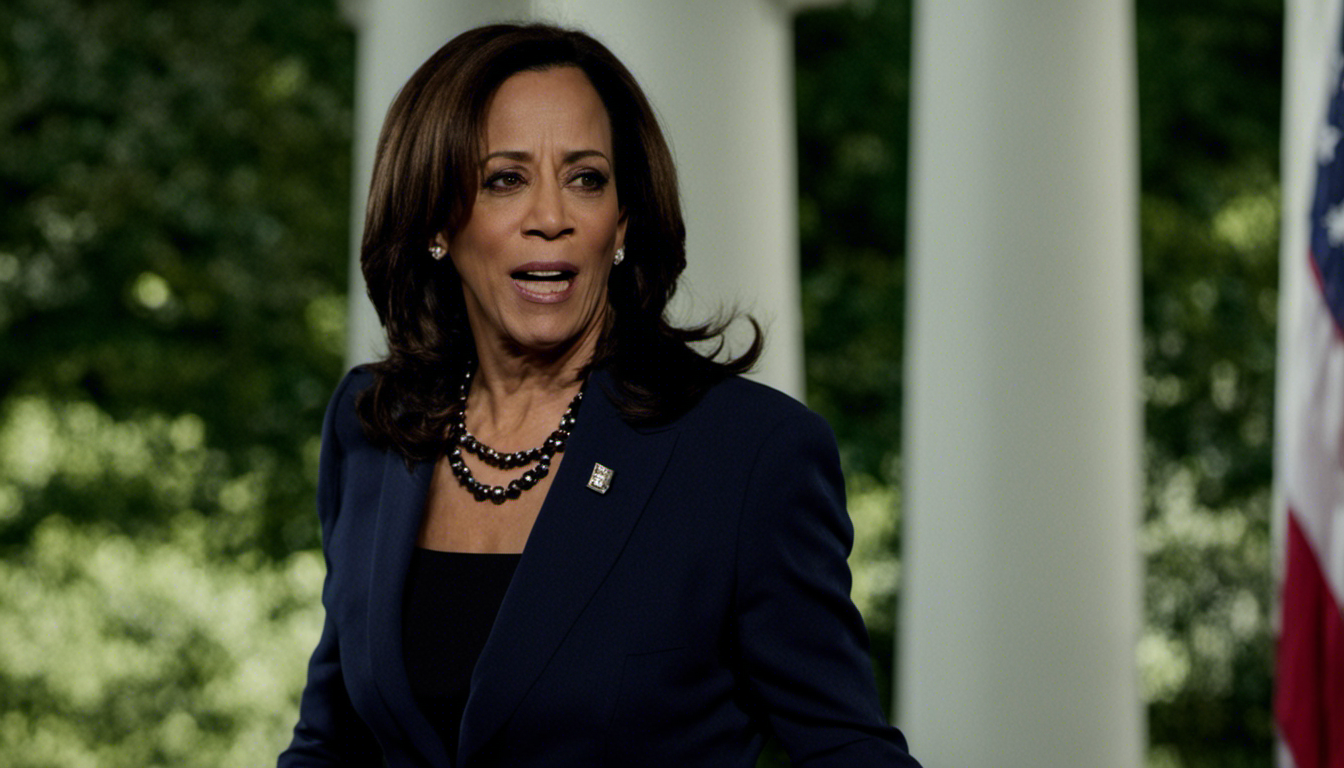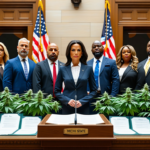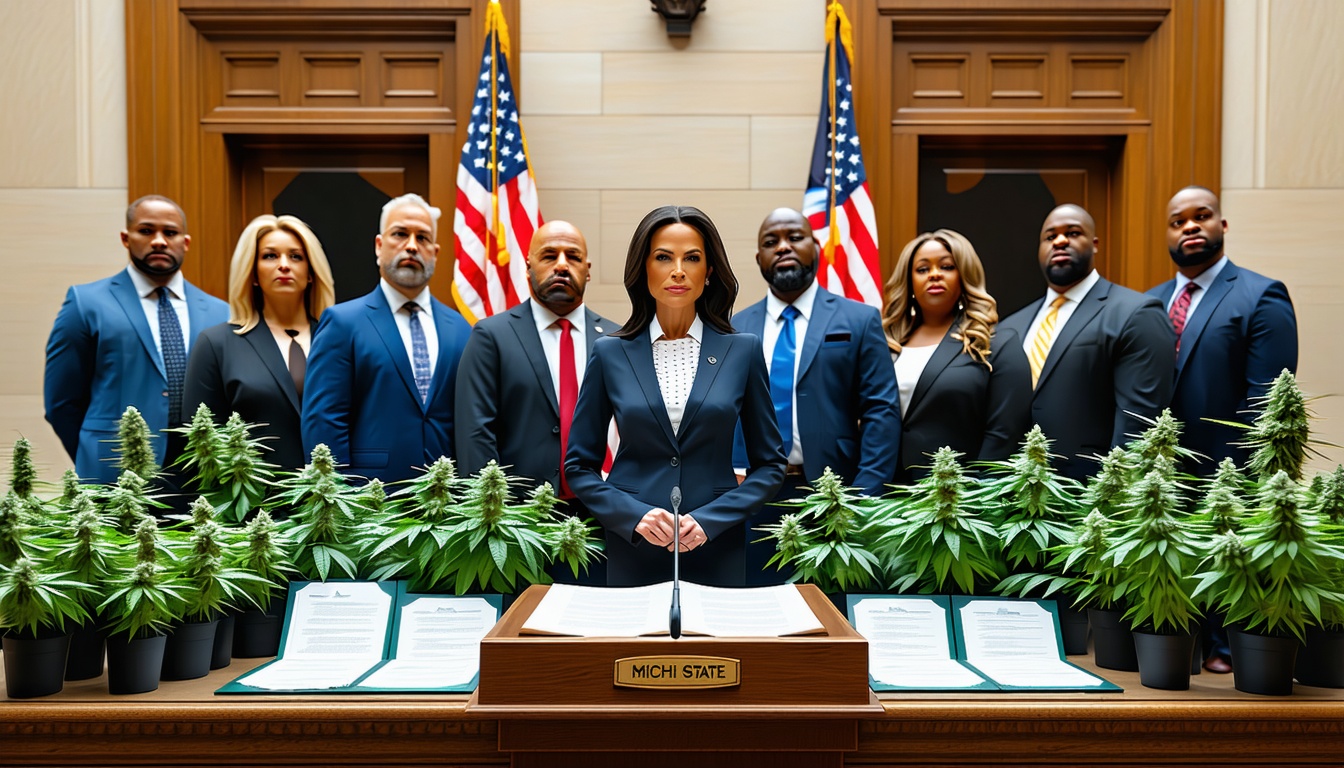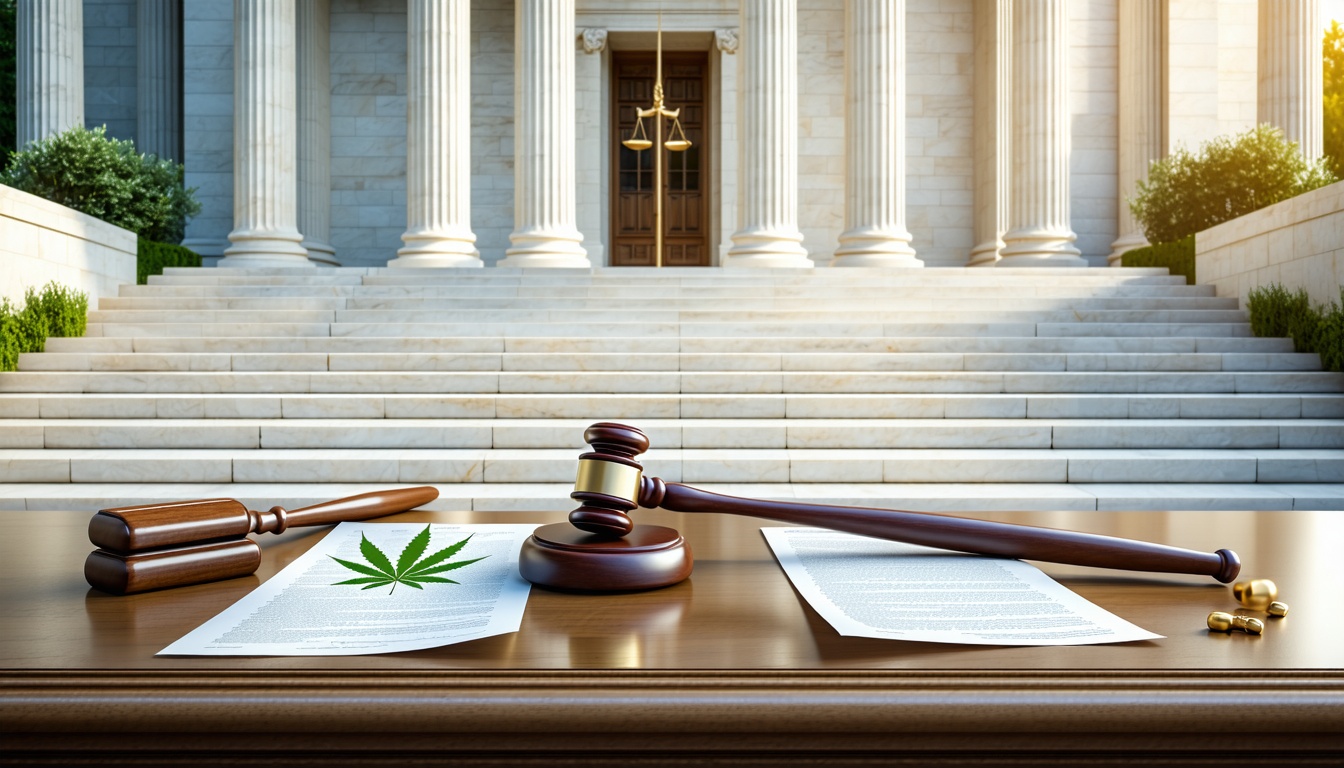Vice President Kamala Harris has a unique opportunity to champion a popular issue, but she seems to be missing the moment. Harris was the first presidential candidate to co-sponsor a bill to lift the federal ban on marijuana in 2019, but since launching her campaign, she has remained silent on the issue. Her campaign website does not mention marijuana, and when asked about her current stance, a spokesperson dodged the question and criticized President Trump’s policy instead.
Harris’s silence on the issue is surprising, given the significant shift in public opinion on marijuana legalization. A recent poll found that 66% of voters, including two-thirds of independent voters and more than half of Republicans, support federal legalization. Young voters, a crucial demographic for Democrats, are particularly supportive of the issue.
Trump’s recent announcement of his support for legalizing recreational marijuana in Florida is a prime example of how Harris’s campaign is missing an opportunity. Instead of forcefully criticizing Trump’s stance, Harris’s team dismissed it as “blatant pandering,” which only acknowledges Trump’s ability to tap into a popular issue.
Harris’s reluctance to discuss marijuana legalization is likely due to her own complicated history with the issue. As district attorney in San Francisco, her office prosecuted over 1,900 people for cannabis offenses. Additionally, her goal is to appeal to moderate voters, which may lead her to shy away from a traditionally “liberal” policy.
However, Harris has a chance to make a bold move and combine the popularity of federal legalization with the need to address marijuana’s public health implications. By regulating the potency and marketing of marijuana, she can demonstrate her commitment to making the drug safer for users.
Legalizing marijuana is not only the right policy for the country, but it can also be a moment of excitement for Harris’s campaign. She can make the case that the government should not be micromanaging people’s personal consumption habits, but rather helping them make safe decisions. For a campaign that is running on “freedom,” this message fits nicely.
Ultimately, Harris has a choice to make: she can continue to shy away from the issue and let Trump define the narrative, or she can seize the moment and make a bold statement on marijuana legalization. The country needs a responsible and informed approach to this issue, and Harris has the opportunity to lead the way.












